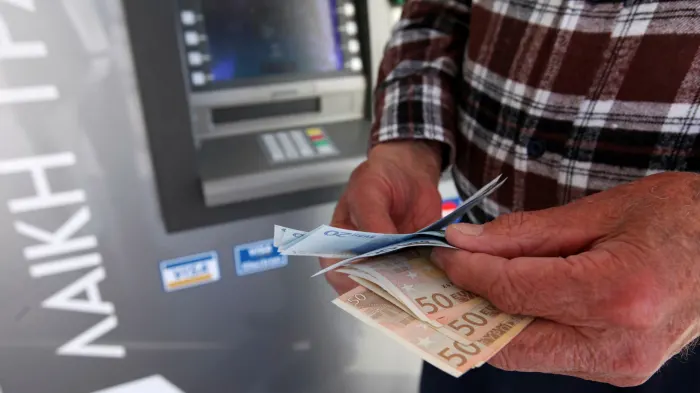In a world desperate for growth, it is worth remembering that the EU is the second largest economic area and can play a vital role in the global econo
In a world desperate for growth, it is worth remembering that the EU is the second largest economic area and can play a vital role in the global economic recovery.
Unfortunately, the EU single market is not fully integrated, especially for services, including finance. Bold steps are needed to deliver the full economic benefits of a single market in banking.
To a financial services provider wanting to serve clients across the region, the EU appears more like a conglomerate of 27 different markets, each with its own regulator plus a 28th European-level regulator on top. While we have seen the establishment of the Single European Payments Area and a nucleus for a banking union, significant friction and fragmentation remain.
As a result, hundreds of millions of EU consumers, businesses, and the bloc’s overall economy are not reaping the full benefits of the single market. More financial integration would not only benefit consumers and the economy, it would also pave the way for long-overdue consolidation in the European banking sector and help to deliver more uniform transmission of monetary policy. This would break the vicious circle linking banks and sovereigns that lay at the heart of the euro area sovereign debt crisis in 2010.
To speed up the very slow pace of organic integration and consolidation, we need a regulatory Big Bang. To reshape the European financial sector the way that 1986 deregulation repositioned London, it is time to introduce a fully-fledged EU banking framework for cross-border banking groups.
Such a framework would rest on five key pillars. Cross-border banks would be subject to EU rather than national law, including for their contracts. This would allow EU banks to exploit significant economies of scale and operate much more efficiently using a single platform. Today, that is hampered by differences in national anti-money laundering requirements, and mortgage rules.
EU-wide lenders would only be supervised by the EU Single Supervisory Mechanism, rather than national watchdogs. This would free cross-border banks from differing prudential rules, allowing a free flow of capital and liquidity within banking groups. Harmonised regulation will also make it easier to harness new technologies, such as digital identity measures, which are key to the fight against financial crime.
Cross-border banks would be able to provide a full suite of banking services across all 27 countries using a single International Bank Account Number code. Today, some consumers and businesses cannot transfer money across national lines because of discrimination against foreign Iban codes. This has paralysed competition and innovation in cross-border payments.
Today, 10 European countries still have national card schemes that do not accept cards from other EU member states. And innovative services, such as mobile wallets, that are only offered at national levels. The EU’s “free movement of people” principle should be accompanied by the “free movement of funds”, with no barriers and with no additional charges to consumers.
Each banking group would be subject only about risk sharing, paving the way towards a common EU deposit guarantee scheme. This would strengthen the credibility of deposit insurance and, again, reduce the bank-sovereign vicious circle. A single common deposit insurance programme would be an additional safeguard and will make sure that customers from different member states benefit from the same level of protection.
This regulatory Big Bang would provide the nucleus of a proper single European market in financial services, a decisive advantage for consumers, banks and the economy as a whole. There is no better time than now. Strengthening and deepening the single market would allow the EU to come out of the crisis stronger and more united than before.
Fonte : www.ft.com

